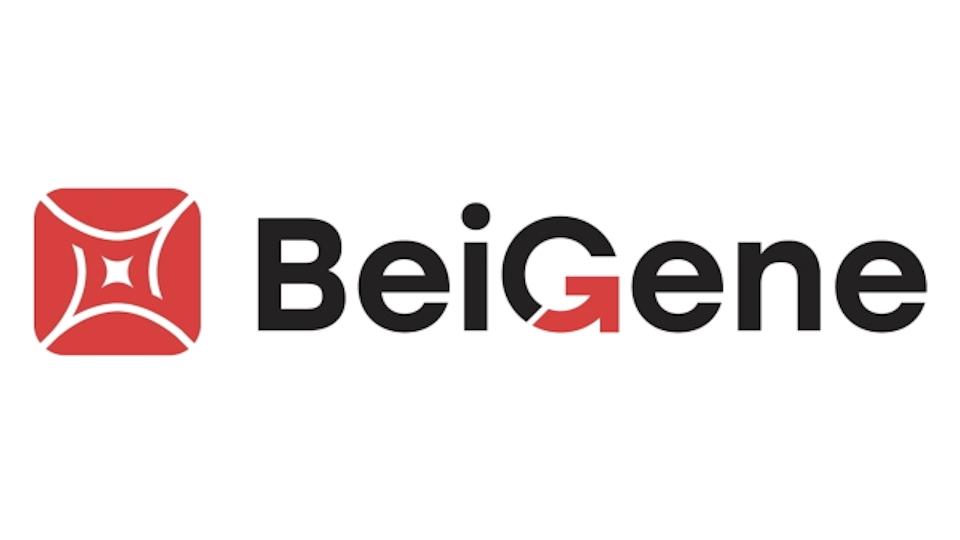EU OK sets up first ex-China launches for BeiGene's Tevimbra

BeiGene has claimed a second EU approval for PD-1 inhibitor tislelizumab in non-small cell lung cancer (NSCLC), opening the door to the first launches of the drug outside China.
The new approval covers three separate indications for the drug, alone and in combination with chemotherapy for squamous and non-squamous forms of NSCLC, and covering first- and second-line therapy.
Tislelizumab was approved by the European Commission last year for unresectable, locally advanced or metastatic oesophageal squamous cell carcinoma (ESCC) who had previously failed platinum-based chemotherapy. A few weeks ago it also got the go-ahead for the ESCC indication in the US, where the FDA is also reviewing the drug in first-line oesophageal cancer with a decision expected in the next few months.
BeiGene has decided to rebrand the antibody across all its indications as Tevimbra and said it intends to launch the drug in its first EU markets later this year, subject to the usual reimbursement processes.
The EC has approved Tevimbra as first-line treatment in combination with carboplatin and either paclitaxel or nab-paclitaxel for locally advanced squamous NSCLC patients who are not candidates for surgical resection or platinum-based chemoradiation or metastatic NSCLC.
The drug’s label also covers first-line use in combination with pemetrexed and platinum-based chemo for non-squamous NSCLC with PD-L1 expression of 50% of tumour cells or more and no EGFR or ALK mutations, once again in locally advanced squamous NSCLC patients who are not candidates for surgical resection or platinum-based chemoradiation or metastatic NSCLC.
Finally, Tevimbra can also be used second-line as a monotherapy for locally advanced or metastatic NSCLC after prior platinum-based therapy.
BeiGene will have to go it alone as it prepares to commercialise the drug, as its former partner Novartis handed back rights to the drug last year, two and half years after paying $650 million upfront for ex-China rights to the cancer immunotherapy.
Novartis’ decision followed a lengthy delay in securing FDA approval for ESCC caused by delays in inspections of BeiGene’s manufacturing facilities for the drug due to COVID-19 travel restrictions and was attributed to rising competition in the cancer immunotherapy market.
The Swiss group also pulled a filing as a second-line monotherapy for NSCLC based on feedback from the regulator and decided not to seek approval for the first-line NSCLC indications.
One issue facing the drug is that a chunk of its NSCLC clinical data was generated in China, and the FDA has recently insisted that trials supporting US marketing applications have to be carried out with an “appropriate” number of US patients.
BeiGene told pharmaphorum that it continues to work closely with the FDA to evaluate the body of evidence supporting Tevimbra in NSCLC and how to best address the unmet needs of this patient population.
Chief medical officer Mark Lanasa remarked that tislelizumab is “foundational for BeiGene’s solid tumour portfolio and has demonstrated its potential across multiple tumour types, including NSCLC, in which there remains a significant unmet need at all stages of the disease.”













